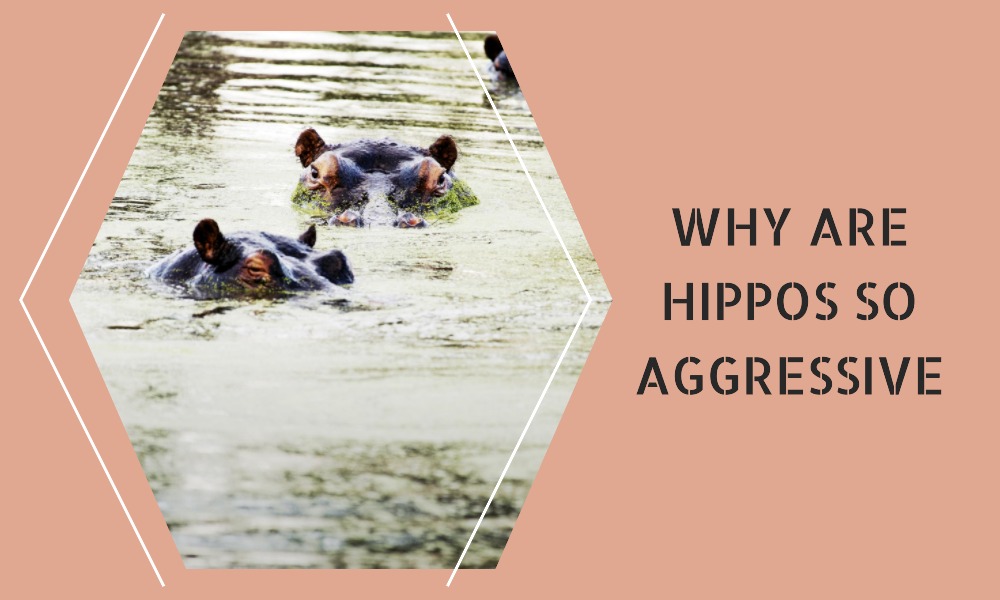Why Are Hippos So Aggressive

Introduction
Hippos are often perceived as one of the most aggressive animals in the animal kingdom. This article explores the reasons behind their aggressive behavior, providing insights into their nature and habits.
Reasons for Hippo Aggression
Territorial Behavior
- Defending Territory: Hippos are highly territorial, especially in water. They aggressively defend their space against perceived intrusions.
- Dominance Among Males: Male hippos often fight to establish and maintain dominance, leading to aggressive encounters.
Protective Instincts
- Mother Hippos: Female hippos are fiercely protective of their calves and can be aggressive towards anything they perceive as a threat.
Competition for Resources
- Food and Water: In environments where resources are scarce, competition can lead to aggressive behavior.
Natural Disposition
- Size and Strength: Hippos are large and powerful, which can make their defensive actions seem more aggressive.
- Misunderstood Behavior: Sometimes, what is perceived as aggression is actually normal hippo behavior, like yawning to display their large teeth.
Hippo Aggression in Relation to Humans
Human-Hippo Conflicts
- Encroachment of Habitat: As human activities encroach on their natural habitat, interactions and conflicts increase.
- Misunderstanding of Behavior: People may misinterpret their behavior or underestimate the danger they pose.
Safety Measures Around Hippos
Respectful Distance
- Maintain Distance: It’s crucial to keep a safe distance from hippos, particularly in their natural habitat.
- Observation Guidelines: When observing hippos, whether in the wild or in captivity, always follow safety guidelines.
Awareness of Environment
- Understanding Signs: Be aware of signs of agitation or aggression in hippos and respond accordingly.
FAQs
Q: Can hippos be friendly towards humans? A: While there have been instances of hippos displaying friendly behavior in captivity, they are generally unpredictable and potentially dangerous.
Q: Are hippos aggressive on land or just in water? A: Hippos can be aggressive both in and out of water, especially if they feel threatened or provoked.
Q: What should I do if I encounter a hippo in the wild? A: Keep a safe distance, do not provoke or feed them, and retreat slowly if you notice signs of agitation.
Conclusion
Hippos’ aggression is primarily rooted in their territorial nature, protective instincts, and natural disposition. While they are powerful and potentially dangerous animals, understanding their behavior helps in appreciating their role in the ecosystem and ensuring safe coexistence. Respecting their space and natural habits is key to avoiding conflicts with these formidable creatures.








